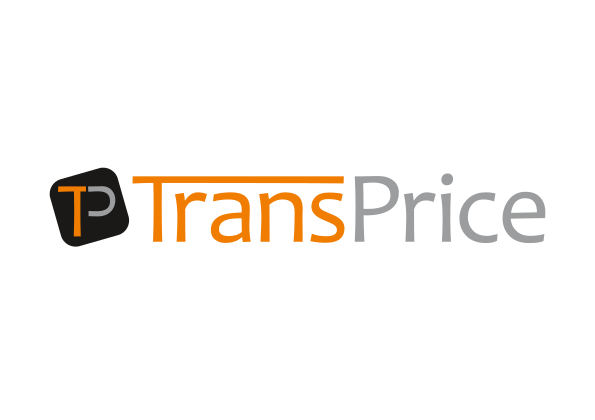Advance Pricing Agreements (APAs) are an important tool for multinational enterprises (MNEs) to mitigate transfer pricing risks and avoid disputes with tax authorities. The United States Internal Revenue Service (IRS) offers taxpayers the opportunity to apply for different types of APAs to achieve certainty and clarity on the transfer pricing treatment of intercompany transactions. In this article, we will discuss the different types of APAs available under the US tax system.
Unilateral APA:
A unilateral APA is an agreement between the IRS and the taxpayer to determine the appropriate transfer pricing treatment for intercompany transactions between the taxpayer and its related foreign party. This type of APA is available to taxpayers who want to mitigate the risk of double taxation in the US, and who are not able to enter into a bilateral or multilateral APA with the foreign tax authorities. Unilateral APAs are particularly useful when the foreign tax authorities do not have an APA program in place, or the taxpayer does not have a treaty with the foreign tax authorities.
Bilateral APA:
A bilateral APA is an agreement between the IRS, the taxpayer, and the tax authority of another country to determine the appropriate transfer pricing treatment for intercompany transactions between the taxpayer and its related foreign party. This type of APA is available to taxpayers who want to mitigate the risk of double taxation in both the US and the foreign country. In a bilateral APA, the IRS works together with the foreign tax authorities to negotiate and agree on the terms of the APA.
Multilateral APA:
A multilateral APA is an agreement between the IRS, the taxpayer, and the tax authorities of two or more countries to determine the appropriate transfer pricing treatment for intercompany transactions between the taxpayer and its related foreign party. This type of APA is available to taxpayers who have cross-border transactions involving multiple countries and want to mitigate the risk of double taxation in all the countries involved. In a multilateral APA, the IRS works together with the tax authorities of the other countries to negotiate and agree on the terms of the APA.
The choice of which type of APA to pursue will depend on a variety of factors, including the taxpayer’s business structure, the nature and complexity of the intercompany transactions, and the availability of APA programs with foreign tax authorities. Each type of APA has its own benefits and drawbacks, and taxpayers should carefully consider which type of APA is the most appropriate for their specific circumstances.
In conclusion, APAs are an important tool for MNEs to manage transfer pricing risks and avoid disputes with tax authorities. The US tax system offers taxpayers the opportunity to apply for unilateral, bilateral, or multilateral APAs. Each type of APA has its own advantages and disadvantages, and taxpayers should carefully consider their options before deciding which type of APA to pursue. It is also important to note that the APA process can be complex and time-consuming, and taxpayers should seek the assistance of experienced transfer pricing professionals to help navigate the process.
